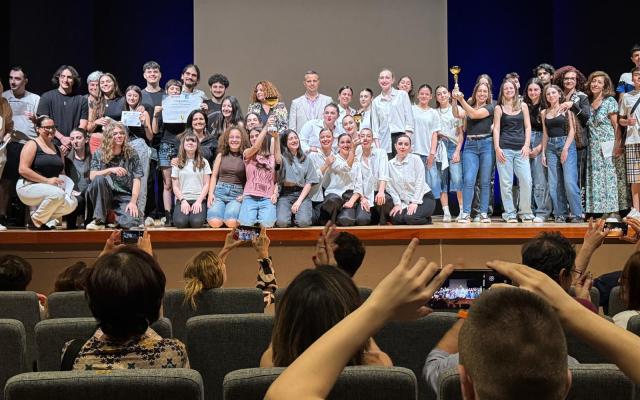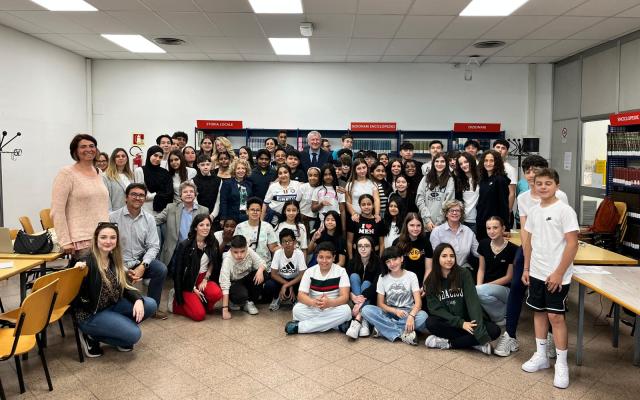The spread of educational poverty is a serious phenomenon for 90 percent of Italians. 76% identify it with lack of access to opportunities for growth. With respect to the great potential related to the development of the NRP, 2 out of 3 Italians would invest in the safety and functionality of school facilities (66%), daycare centers and preschools (65%), and full-time and extracurricular activities where poverty is most present (64%). Just 27 percent would invest in strengthening children's digital skills. On the other hand, the belief matures in almost 8 out of 10 Italians that the responsibility for the growth of minors lies with the whole community and not only with schools ["Gli italiani e la povertà educativa minorile” – Indagine Demopolis 18 novembre 202].
The Fondazione Mondo Digitale brings to the Italian suburbs the Gymnasium of Innovation model that promises to be effective in combating educational poverty, reducing school dropouts and dispersion, orienting neets toward new, more effective training or work paths, supporting lifelong learning, and providing a space for comparison and growth for the educating community.
Configurable, evolutionary, inclusive and bottom-up. The Innovation Gym is set up with different digital environments, some common and others customized according to the context and territorial vocation. Various activities for students (making, coding, robotics, etc.), afternoon workshops with tutoring for more autonomous adolescents (e.g., self-building of low-cost 3D printers), as well as training for teachers and original workshops for families and citizenship, including the most fragile (elderly, migrants, etc.), are carried out in the new spaces. FMD takes care of the training of local coaches who can continue the activities independently (from designing new educational paths to machine maintenance).
After the Palestra zero born in 2014 at the Quadraro in Rome, the experience was successfully replicated in the suburbs of four complex metropolises: Milan, Bari, Reggio Calabria and Palermo. As of today, the model is at the center of the three-year Smart & Heart Rome program financed by Roma Capitale - Digital Transformation Department, which aims at the creation of seven Innovation Gyms in as many suburban municipalities of the capital. The goal is not only to enhance and strengthen the school space, but also to create a permanent educational and aggregative garrison for the development of human capital... leaving no one behind.
Experiences and projects to combat educational poverty:
- OpenSPACE sostenuto da Con i bambini (concluso nel 2022)
- Smart & Heart Rome con Roma Capitale (in corso)
- CollegaMenti Digitali con il sostegno della Fondazione di Comunità Milano (concluso)



